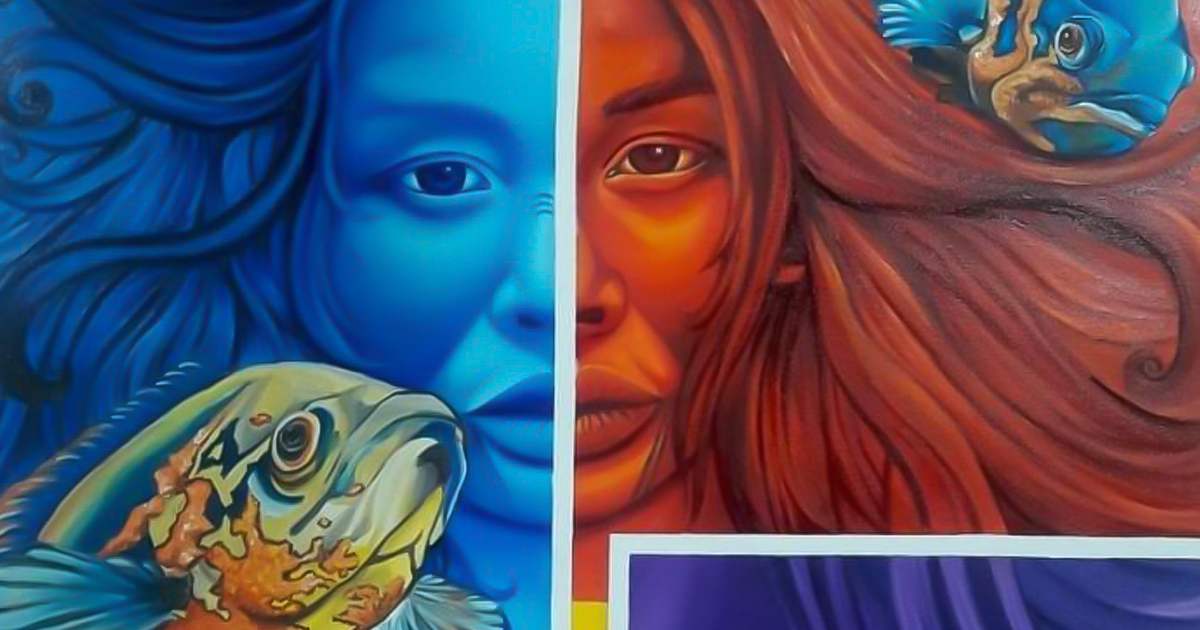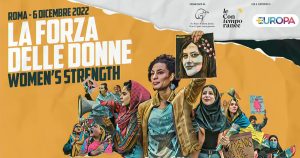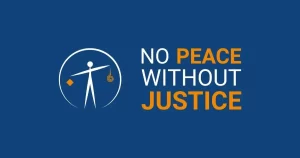International Indigenous Women’s Day is held each year on 5 September to honour Bartolina Sisa, an Aymara leader who was killed after leading an indigenous uprising against the Spanish crown. This day is mainly celebrated in Andean countries such as Argentina, Bolivia, Chile and Peru, and was established during the Second Meeting of Organizations and Movements of America in 1983. Its purpose is to raise awareness about the living conditions of indigenous women and enhance their contribution to humankind through their work and knowledge.
While the word celebrates the importance of the role and contribution of indigenous women, we take this opportunity to also express our concerns regarding systematic violence and oppression against them. In many parts of the world, indigenous women are collectively raising their voices to advocate for several critical issues related to land occupation, environmental devastation and full recognition and respect of their fundamental rights. They are calling upon governmental authorities and civil society to address these issues and support their efforts to create reasonable legislation and effectively protect their communities and territories. With this statement, we take up their call and stand in solidarity with their fight.
As documented by the UN Expert Group meeting on violence against indigenous women and girls, indigenous women continue to face the destructive health consequences of environmental degradation and extraction, notably resulting in the pollution of water resources and destruction of ancestral agricultural lands. Furthermore, indigenous women are facing persecution and discrimination when they try to lead transformation processes and defend their territories. These violations simply must stop and those responsible for it should be held accountable.
In some regions, particularly in South America, the intensified human rights crisis needs to be addressed by urgent and concrete action. The number of women killed in Colombia – while working in communities and defending human rights – went up almost 50% in 2019. COVID-19 has impacted every facet of indigenous communities’ lives, with the pandemic exacerbating pre-existing adverse living conditions. Indigenous women are less likely to be medically insured and due to restricted mobility and dispossession, they have limited capacity to report human rights violations and access legal services.
NPWJ recognises the value and importance of indigenous women as agents of change and calls for comprehensive national and international actions and measures aimed at ensuring they can fulfil this role. Indigenous women are an example of resilience and their knowledge and experiences must be heard and heeded. Through our project to end impunity for human and environmental devastation in Amazonia, we firmly commit to working with indigenous women and supporting their actions. Finally, we call on States to protect indigenous women leaders, involve them in decision-making processes and ensure they have a central role in leading national change.




